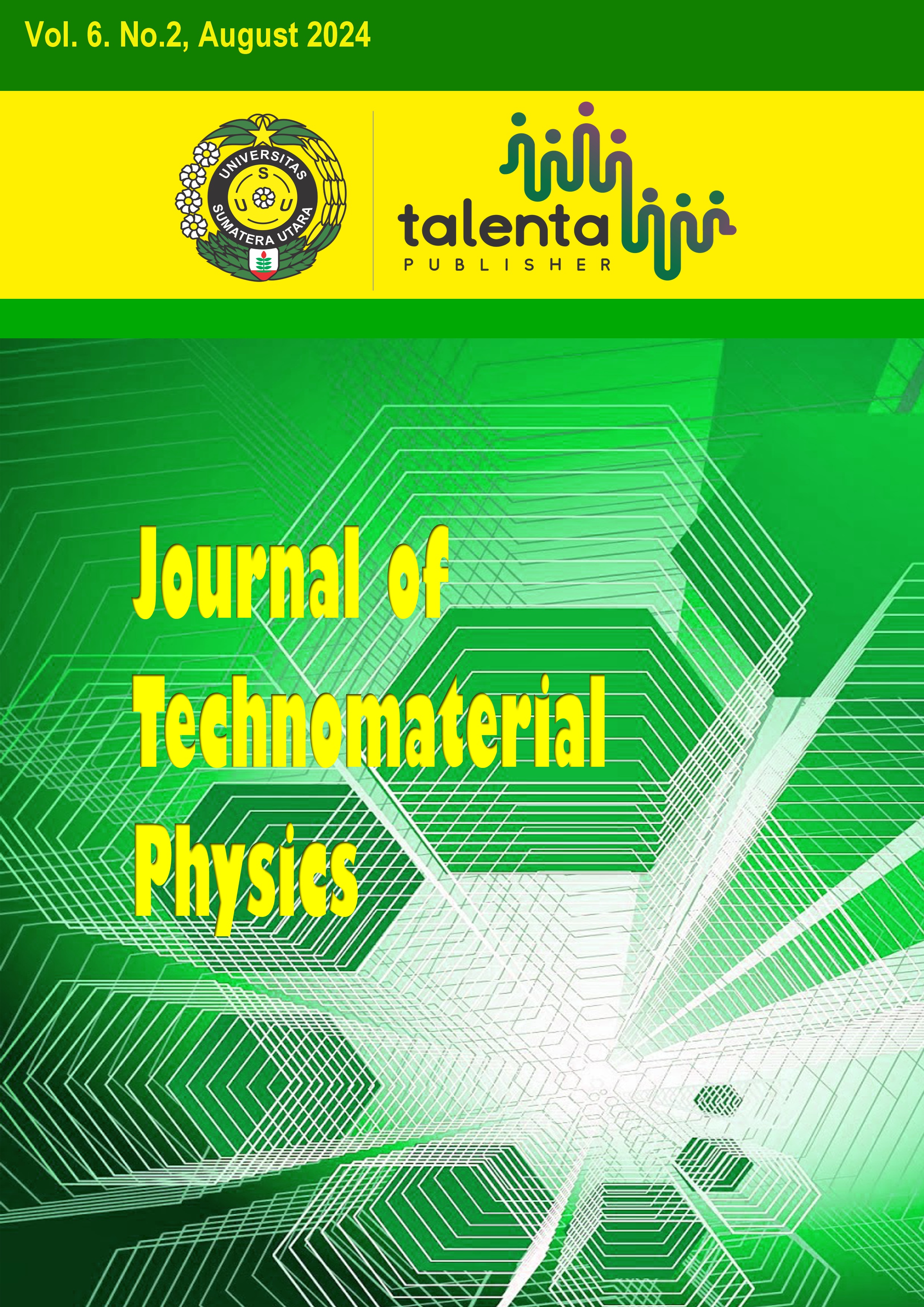Viscosity Characteristics of Renewable Energy Fuels from PP and HDPE Plastic Waste Conversion
DOI:
https://doi.org/10.32734/jotp.v6i2.14028Keywords:
HDPE Plastic, , PP Plastic,, Pyrolysis,, ViscosityAbstract
This study investigates the viscosity characteristics of Renewable Energy Fuel derived from plastic waste, specifically Polypropylene (PP) and High-Density Polyethylene (HDPE). The plastics were subjected to pyrolysis using a plastic waste conversion technology machine at temperatures of 250°C to 400°C. Compared to diesel, the average viscosity of pyrolyzed PP oil is approximately 4.25 cSt, while for pyrolyzed HDPE oil, it is about 3.3725 cSt. Compared to gasoline, the average viscosity values for the oils are 0.603 cSt for PP and 0.5965 cSt for HDPE. These results indicate that both oils have viscosities similar to petrol, suggesting that PP and HDPE plastics can produce fuels with comparable fluid properties. However, further evaluation of other factors like yield, chemical composition, and combustion performance is necessary to determine which plastic provides the overall best characteristics for renewable energy fuel.
Downloads
Downloads
Published
Issue
Section
License
Copyright (c) 2024 Journal of Technomaterial Physics

This work is licensed under a Creative Commons Attribution-ShareAlike 4.0 International License.












